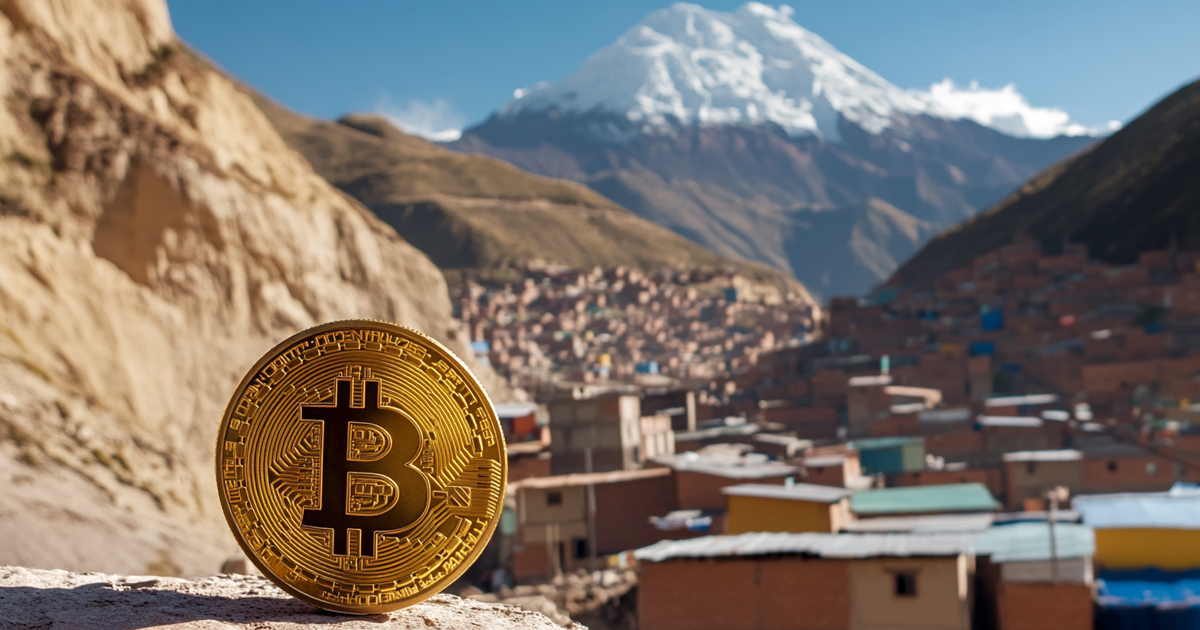Bolivia turns to crypto for fuel trade amid US dollar shortage

Bolivia has authorized its state-run energy company, YPFB, to use crypto for fuel imports as the country struggles with a worsening dollar shortage and fuel crisis.
The government approved the move to sustain fuel subsidies and secure essential energy supplies amid declining foreign currency reserves.
Gas stations across Bolivia have seen long lines as fuel shortages persist. Protests have erupted in several regions as citizens face growing difficulties in accessing fuel.
Years of declining natural gas production and dwindling exports have forced Bolivia to rely more on imports, but a lack of dollars has complicated payments to foreign suppliers.
A YPFB spokesperson confirmed that the system for crypto transactions is now in place and the firm intends to carry out trades using digital assets. A government official clarified that YPFB has not yet executed a crypto payment but plans to do so soon.
Shifting stance
Bolivia’s central bank initially banned crypto in 2020, citing concerns over financial stability and illicit transactions. However, the country pivoted its stance and lifted the ban in 2024.
The government’s decision to allow crypto payments for fuel imports marks a major policy shift. Other Latin American countries facing currency crises, such as Venezuela and Argentina, have also turned to digital assets to facilitate trade amid financial restrictions.
Bolivia’s economic struggles stem from its dependence on natural gas exports, which have steadily declined. Brazil and Argentina, once major buyers of Bolivian gas, have reduced their reliance on the country’s supply. A lack of new gas discoveries and foreign investment has worsened the crisis, limiting Bolivia’s ability to generate foreign reserves for imports.
Details unclear
YPFB has not disclosed which cryptocurrencies it will use or whether it will convert digital assets into fiat currency before making payments. It is also unclear whether the firm will hold any assets in reserve.
Additionally, the government has not detailed how it will manage the volatility associated with crypto. It also remains unclear whether suppliers will accept direct crypto payments or require an intermediary.
Bolivia’s move to adopt crypto for energy transactions highlights its deepening economic crisis and the government’s urgency to secure fuel supplies. If successful, the policy could reshape the country’s financial strategy and signal a broader shift toward digital assets.
The post Bolivia turns to crypto for fuel trade amid US dollar shortage appeared first on CryptoSlate.
What's Your Reaction?
 Like
0
Like
0
 Dislike
0
Dislike
0
 Love
0
Love
0
 Funny
0
Funny
0
 Angry
0
Angry
0
 Sad
0
Sad
0
 Wow
0
Wow
0





























